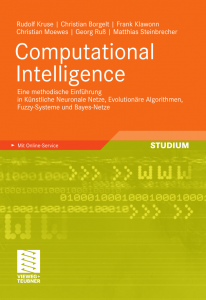I’m back from a research trip to Melbourne, Australia, that emanated from a successful grant application with the DAAD/GO8 under their cooperation scheme. Mine was the first trip to make and I visited the research group headed by Saman Halgamuge at the University of Melbourne. Actually, I had been working with them during my undergraduate studies for half a year in (southern hemisphere) summer 2004/2005. We made some arrangements concerning the exchange of students and research staff for 2008/2009 and my next visit is about to take place in March 2009. Of course, we (i.e. Mimi and I) also did some sightseeing and bushwalking in/on nearby Tasmania — I’m fond of that island, and it was the second time that I’ve been there. However, the time lag is ten hours at the moment, not to mention the delta T of around 30K between Magdeburg and Melbourne.
Having returned on Monday, I went back to work on Wednesday because I definitely wanted to see/hear Christian Borgelt’s lecture on Frequent Pattern Mining. The topic is quite interesting and the subtopic of Frequent Graph Mining, applied to chemical molecules, really has been worthwile to me since I’ve always been very interested in chemistry and also had chosen it as my subsidiary subject during my undergraduate studies.
